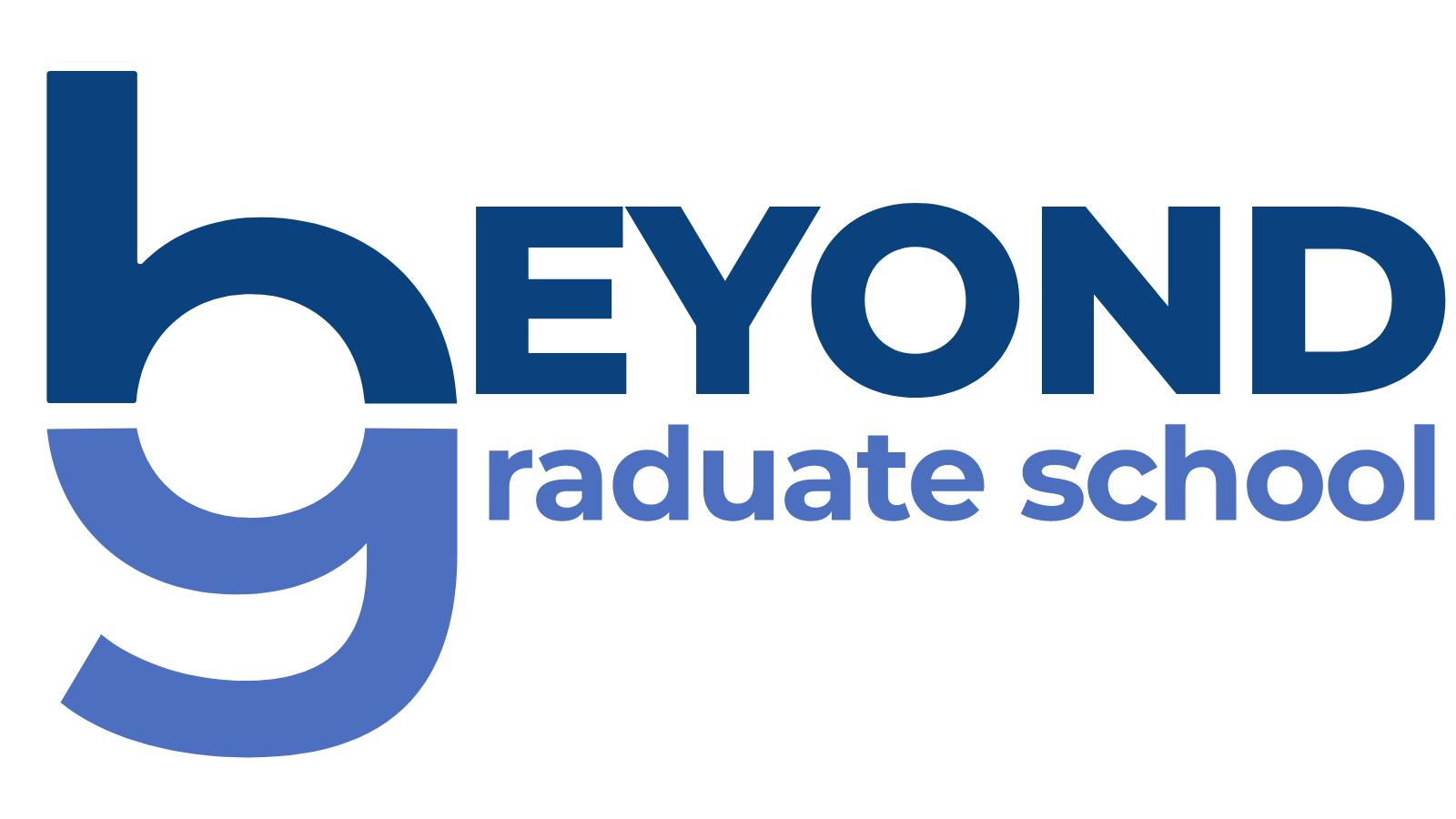FOUR REASONS WHY SUBMITTING YOUR RESUME ONLINE
ISN'T WORKING
You’re sending your resume out into the void, and nothing is coming back to you. What’s going on?
Successful job applications are the product of networking relationships and the fit between the job and applicant. Here are 4 steps for developing relationships and demonstrating fit to improve your likelihood of getting a call back:
1. Start with relationship building and information gathering
You are most likely to find a job through someone you know, not because you sent out dozens of resumes. Because of this, networking and informational interviews are your best bet to finding a good fit. Building relationships with people and organizations in your field is the key to hearing about and being considered for the job you want. Informational interviewing is a great way to start building those relationships now and improving the likelihood that your resume gets a good look.
2. Build your resume around the job requirements
The easiest thing to do is to submit a generic resume to a million jobs, but this isn’t likely to bring you success. Why not? Because it’ll be very clear to the people looking at your materials that you weren’t interested enough in this specific job to do the work of updating your materials. People can recognize spam, and they know what to do with it: delete.
Instead, you need to communicate your fit at every step in the application process by customizing the search and your materials to focus on jobs that are right for you, by starting with the job and working backwards, rather than assuming that all of your experience is relevant and appropriate for the role. Search for and apply for jobs that are genuinely good matches for your education, experiences, and interests.
After identifying these job openings, take the time to customize your resume to the specific job opening. It is a good idea to develop a number of versions of your resume to suit the different types of jobs you are applying for, and, even beyond that, do the work of updating your resume for each job you are applying for. Do the same with any supporting materials you are sending with the application, particularly the cover letter, which should be specific to the job to which you are applying.
3. Make your cover letter count
A resume is such a short, impersonal document and, while resumes should always be tailored to specific jobs, a good cover letter allows you to personalize and bridge the distance between your experience and the tasks that the job demands. A cover letter gives you an opportunity to try to sell yourself to the hiring manager, making a case for why they should pick up your resume and actually take a look at it.
4. Get your materials through to an actual person
Most job applications are submitted through an online portal. This means that it’s not guaranteed that actual human eyes will read your application. Most job portals now use applicant tracking software to determine the quality of fit between the applicant and position, using keywords and algorithms. You should do three things with this information:
• Recognize that if you send an application to an application portal, it will be scanned by a computer before it’s ever read by a human (and may never be read by a human if it doesn’t pass the computer’s algorithm). Focus your search on jobs that actually are a good fit for you.
• Make sure you’re using the keywords from the job post in your resume to help your materials through the initial screening. There are websites that can help, like jobscan.com.
• If you have a genuine connection to the position, use it. Reach out to the contact and let them know that you’re applying to the position. If someone can put in a good word for you or pass your materials along to the hiring manager, it’ll be an important step towards ensuring your application gets a good look.
The fact that most job applications go through a portal highlights why relationships are so crucial. Job applications are more likely to get a real look when they are sent to an actual person and (even better) if someone empowered to show your resume to a hiring manager sees it, so keep networking and making connections.
We all want our resumes to get a fair look, and building relationships and creating a good fit between you and the job opening are the best ways to ensure that an actual person takes the time to look over and consider your application.
